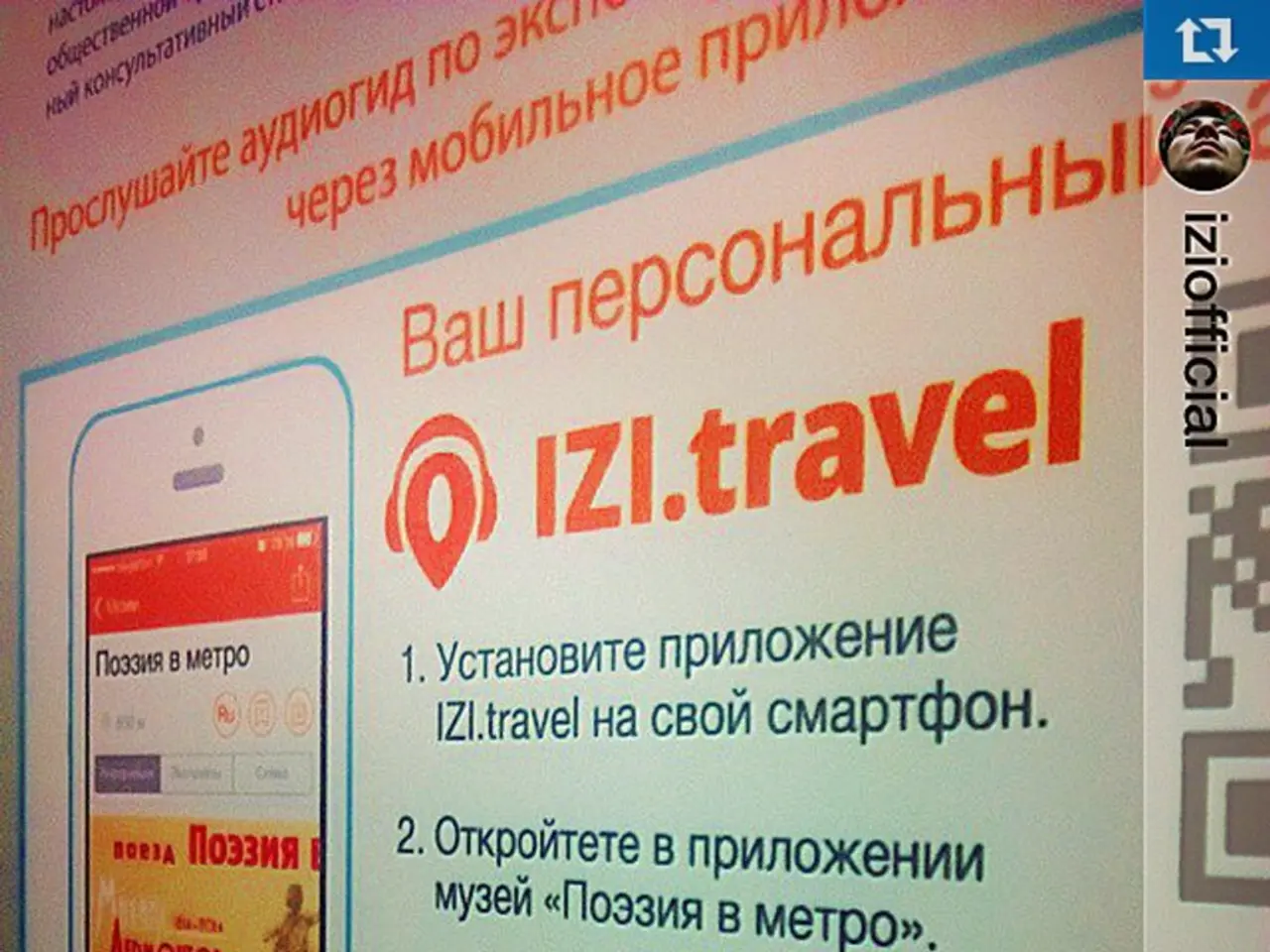A concise exploration of the Metaverse: Understanding the Functioning of Digital Realms
In the ever-evolving digital landscape, the metaverse is quickly becoming a buzzword. This immersive, interactive 3D environment is transforming the way we perceive and interact with the digital world.
The global metaverse market, valued at around $552 billion as of Q2 2025, is expected to reach $1.2 trillion by 2030. This growth is particularly evident in user-generated economies, such as Decentraland and The Sandbox, which together boast over 1 million NFT asset holders and have significant digital real estate sales valued at about $1.3 billion in 2025.
Non-Fungible Tokens (NFTs) are at the heart of this digital economy, fuelling ownership of avatars, wearables, virtual land, and serving as in-world currency in decentralized metaverse ecosystems. The tokenized asset market cap within metaverse ecosystems reached a staggering $312 billion by 2025.
With an estimated 70 million active users engaging in financial transactions across leading metaverse platforms, it's clear that the metaverse is not just a passing fad.
Beyond finance, the metaverse is revolutionizing industries. Digital twins, for instance, are being increasingly leveraged in consumer packaged goods (CPG), where ERP and IoT integrations enable real-time tracking, demand shaping, and the management of both virtual and physical products simultaneously.
The metaverse offers opportunities for remote work, with virtual meeting rooms and 3D whiteboards for collaboration. Commerce and retail are also thriving, with virtual storefronts, digital fashion, NFT art galleries, and the ability for users to try on and customize products.
VR and AR are the primary gateways to experiencing the metaverse immersively, while 3D modeling and spatial computing are crucial for creating realistic and interactive environments and objects. Artificial Intelligence (AI) drives many aspects of the metaverse, from creating realistic non-player characters to intelligent virtual assistants.
However, the metaverse is not without its challenges. Achieving seamless interoperability, massive scalability, and high-fidelity graphics across diverse devices is a technical hurdle. Ethical and societal concerns, such as data privacy, digital identity theft, virtual harassment, increased screen time, and addiction, also need to be addressed.
High-speed connectivity, such as 5G/6G, is essential to support real-time interactions, massive data transfers, and seamless experiences for millions of users simultaneously. Cloud computing provides the immense computational power required to render vast, persistent virtual worlds and manage user data. Blockchain technology, meanwhile, offers a decentralized, transparent, and secure infrastructure for digital ownership and transactions within the metaverse.
The metaverse is envisioned as the next evolution of the internet, a persistent, interconnected network of 3D virtual worlds. It offers opportunities for remote work, immersive learning environments, and social interaction across vast distances. However, user adoption is key to widespread adoption, requiring overcoming user skepticism and demonstrating tangible value beyond novelty.
References:
[1] Diginomica. (2025). The metaverse market: 2025 and beyond. [online] Available at: https://diginomica.com/metaverse-market-2025-and-beyond
[2] Decentraland. (2025). Decentraland: The future of digital ownership. [online] Available at: https://decentraland.org/blog/2025/decentalands-future-of-digital-ownership
[4] The Sandbox. (2025). The Sandbox: Leading the way in user-generated content. [online] Available at: https://sandbox.game/blog/the-sandbox-leading-the-way-in-user-generated-content
- In the metaverse, the significant growth and value of NFTs underscore the importance of data privacy, given these tokens serve as digital assets and in-world currency in decentralized metaverse ecosystems.
- As the metaverse expands, fostering trust and ensuring data privacy becomes crucial in cloud computing, where vast user data is stored and managed, to alleviate concerns about digital identity theft and other ethical issues.




